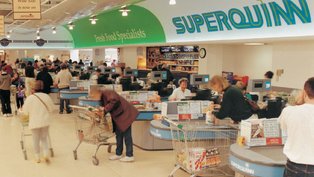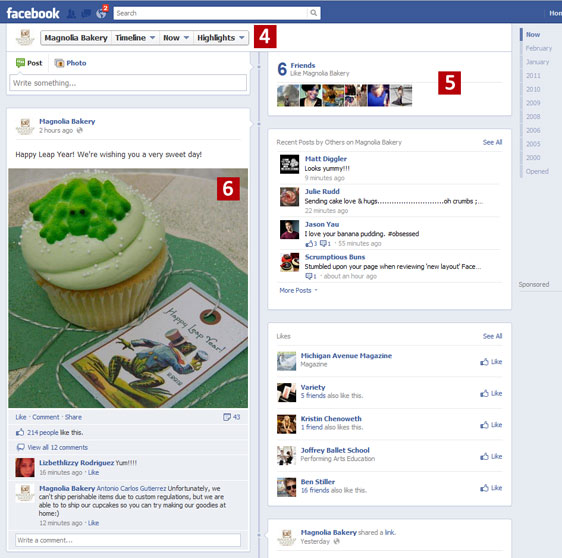The Superquinn Legacy
The recent announcement by the Musgrave Group that it would be rebranding its Superquinn shops as SuperValu from February 2014 led to some disquiet among loyal Superquinn customers as well as concerns for the 102 staff most likely to be directly affected by the decision. But equally important are the lessons to be learned from the rise and fall of the supermarket brand founded in 1960 by one of Ireland’s leading retailers, Fergal Quinn.

When Quinn opened his first store in Dundalk, the Irish grocery sector was a competitive place dominated by large chains such as the price leader Dunnes Stores, Quinnsworth, and HWilliams. That Quinn’s nascent operation not only survived but grew strongly in this environment was testimony to the clarity of his strategy for the business and the success with which it was implemented. As the chain began to grow with new shops in Dublin, it became clear that it was targeting the more discerning, high-end grocery shopper with innovative product options such as fresh bread, in-store meat counters, deli sections and so on. The strategy was also strongly ‘outside-in’ – customers were consulted regularly for new ideas through the use of consumer panels and many of the chain’s best innovations came directly from its shoppers. And customer service became the hallmark of the business reflected by the founder’s very visible presence on the shop floor as well as an industry-high staff-to-store ratio.
At the height of its powers, the chain had an estimated 9 percent of the Irish market – a very creditable performance for a premium brand. Many commentators have been suggesting in the past couple of weeks that it was Quinn’s decision to cash out when he sold the company to the Select Retail Holdings property group for €420m in 2005 that spelled the beginning of the end for the business. But in truth, it was in trouble long before that. The five years running up to 2005 were the height of the Irish economic boom. This should have been a golden spell for the premium grocer but instead its market share was falling. Simon Burke was hired from Hamley’s by SRH to restore the brand’s reputation but he couldn’t do it. It was this inexorable slide in brand equity that made Musgrave’s decision to rebrand a rather easy one.
Superquinn has been dying slowly for the past 20 years. If a company cannot continue to successfully implement its existing strategy because of changes in competitive or economic circumstances and it cannot change to a new strategy, time will inevitably catch up with it. Changes in ownership or leadership rarely make much difference if this fundamental question is not answered. SRH learned a hard lesson when they offloaded the business to Musgraves for €229m only six years after purchasing it. During his business career, Fergal Quinn has extoled the importance of customers more than most CEOs. Sadly for brand he created, they have been voting with their feet for some time!
Related Articles






 John Fahy
John Fahy